Taylor Swift Tops 2025 ‘Most Dangerous Celebrity’ List As Deepfake Scams Surge
By Kelly Coffey-Behrens on November 13, 2025 at 6:00 PM EST
Updated on November 14, 2025 at 9:43 AM EST
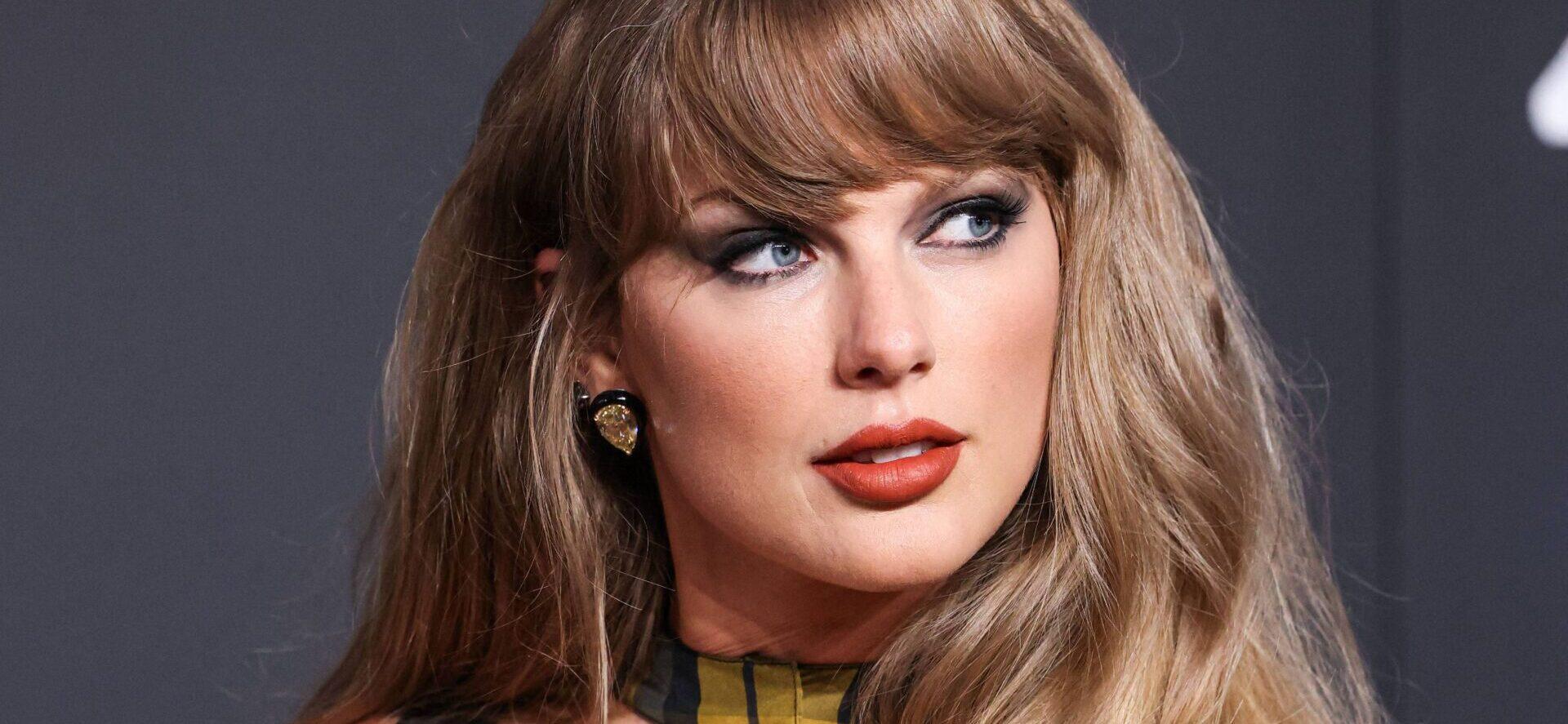
The internet’s obsession with celebrity culture has taken a dark turn. On Thursday, November 13, McAfee released its highly anticipated 2025 “Most Dangerous Celebrity: Deepfake Deception List,” revealing the stars whose faces, voices, and names are most often hijacked by scammers to spread fake content and AI-generated endorsements. Leading the list is Taylor Swift, followed by Scarlett Johansson, Jenna Ortega, Sydney Sweeney, and Tom Cruise. The Top 10 also includes Alexandria Ocasio-Cortez, Sabrina Carpenter, LeBron James, Kim Kardashian, and Zendaya, a mix of music icons, movie stars, and social media powerhouses whose influence makes them prime targets for exploitation.
Why Taylor Swift Tops The Deepfake List
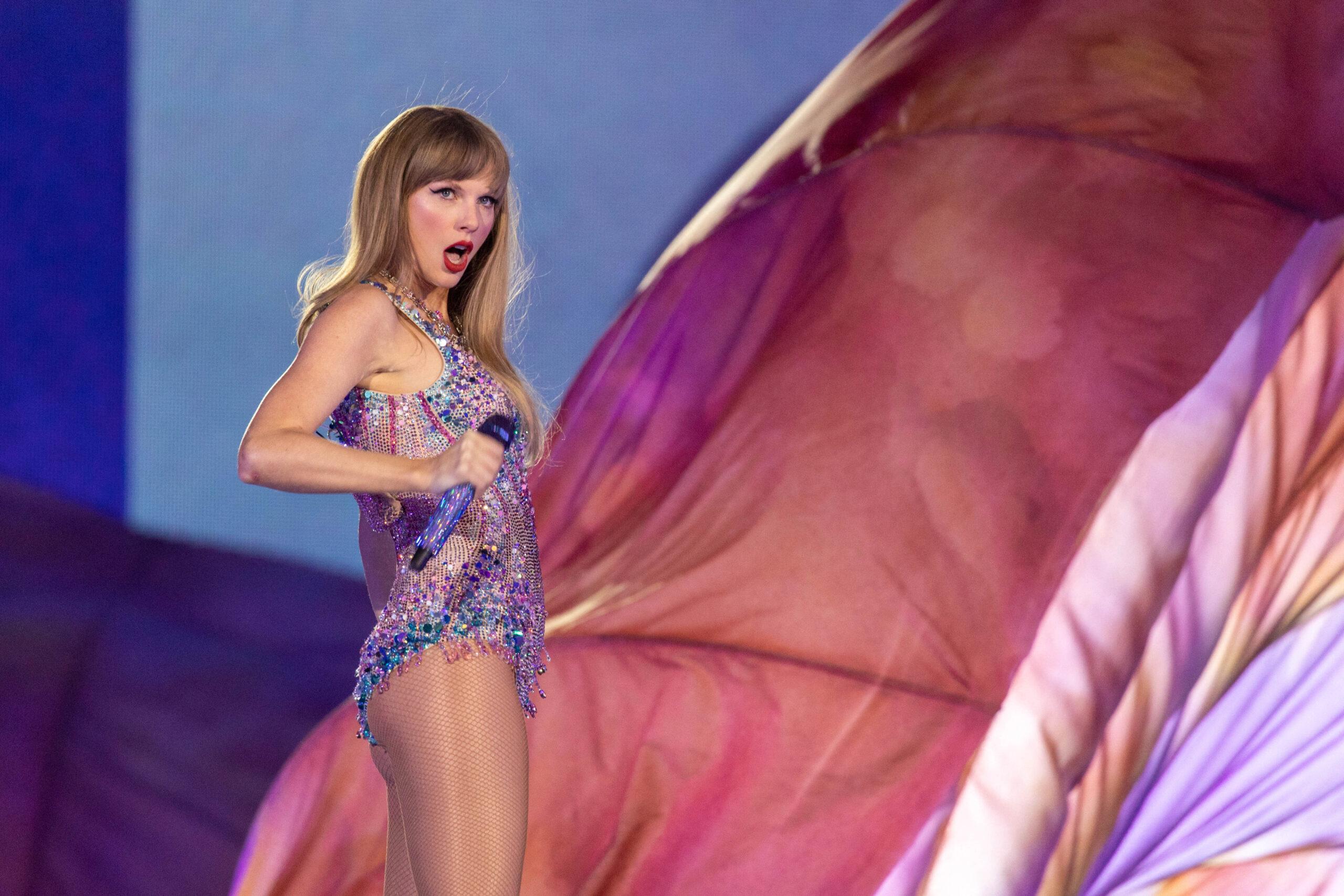
According to Stephanie Fried, CMO for Online Protection Company McAfee, Swift’s massive global reach and her fans’ emotional investment make her the perfect storm for scammers looking to profit from trust. Following her engagement to NFL star Travis Kelce, cybercriminals seized on the media frenzy, pushing fake “limited-edition” merchandise, AI-generated “leaked” clips, and fraudulent giveaways designed to steal personal information and money.
“Taylor Swift has one of the biggest, most engaged fanbases in the world,” Fried told The Blast. “When millions are watching every update, it only takes a few convincing fakes to trick fans into clicking. Even a small percentage of engagement translates into massive paydays for scammers.”
Scammers Cashing In On Celebrity Trust
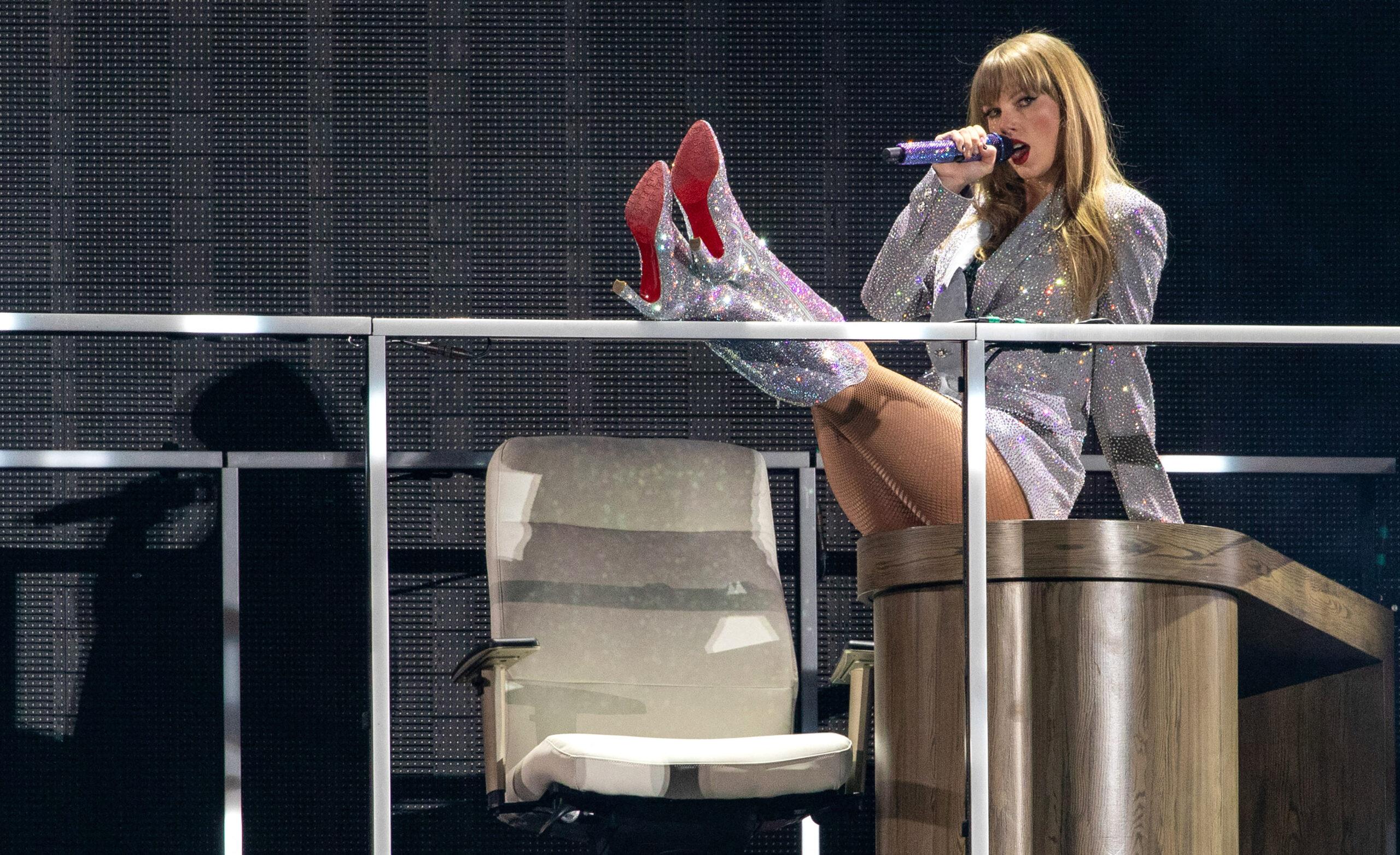
The study revealed that 72% of Americans have seen fake celebrity or influencer endorsements, and 39% have clicked on one. Among those who fell victim, the average financial loss was $525.
“These scams work because they play on the trust fans place in their favorite stars,” she explained. “Criminals use AI to mimic voices, clone faces, and recreate posts that look perfectly authentic. They use that illusion of connection to sell fake products, push bogus investments, or harvest personal data.”
Taylor Swift Isn't The Only Target
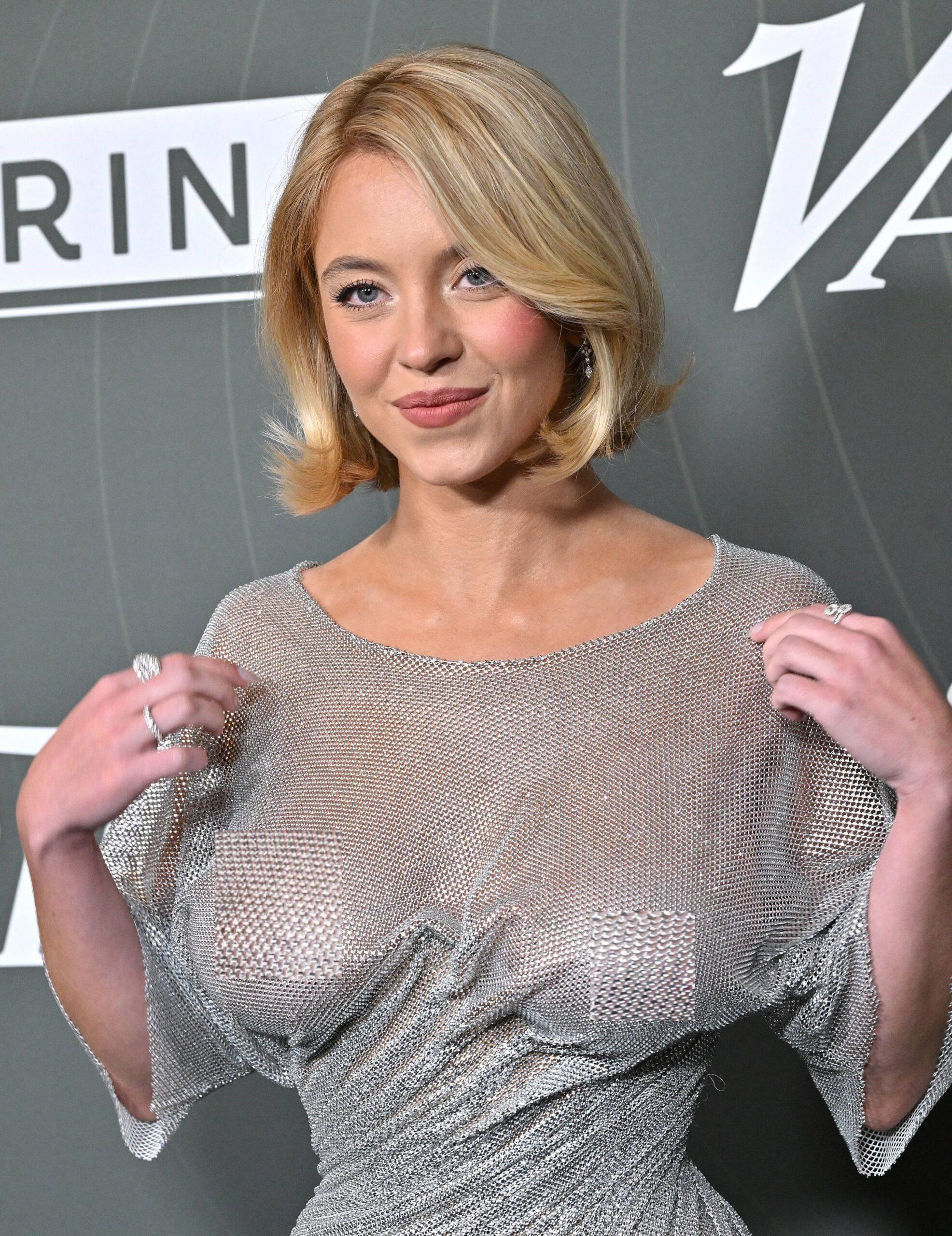
Rising stars Sydney Sweeney, Sabrina Carpenter, and Zendaya made the list largely due to their Gen Z-heavy fan bases, which are the demographics most active on TikTok and Instagram. “Younger fans spend hours online engaging with creators, and scammers know that,” Fried said. “AI has made it easy to fabricate fake endorsements, romance scams, and even AI-generated influencer collaborations that look completely real.”
Shockingly, only 29% of people feel “very confident” they can spot a deepfake, leaving users, especially teens, more vulnerable to false endorsements and manipulated videos. "What makes this even trickier is that younger users are more likely to trust and engage with content from their favorite stars, but spotting a deepfake or scam isn’t always easy," she added.
But even more importantly, these celebrities are "frequently spotlighted online and in the news, either through major life updates like new relationships or professional accomplishments like going on tour," Fried told The Blast.
"Scammers weaponize familiar celebrities and creators with AI-generated faces, voices, or look-alike posts to run impersonation, romance, and giveaway scams because they’re aware of the trust fans place in their favorite stars, and the bigger a star’s fanbase, the more likely the scammers are to succeed," Fried added.
How To Spot (And Avoid) Deepfake Scams

McAfee’s experts say fake celebrity content often comes with subtle red flags:
- Weird facial movements, distorted hands, or glitchy lighting in videos
- Urgent or emotional messaging urging quick clicks or payments
- Requests for payment via crypto, Venmo, or wire transfer instead of credit cards
- Unverified social pages or misspelled URLs pretending to be official accounts
To stay safe, fans should only trust verified accounts, shop from authorized retailers, and use tools like McAfee’s Scam Detector, which scans texts, emails, and even videos for signs of AI manipulation.
Fake Giveaways And Beauty Scams Are On The Rise
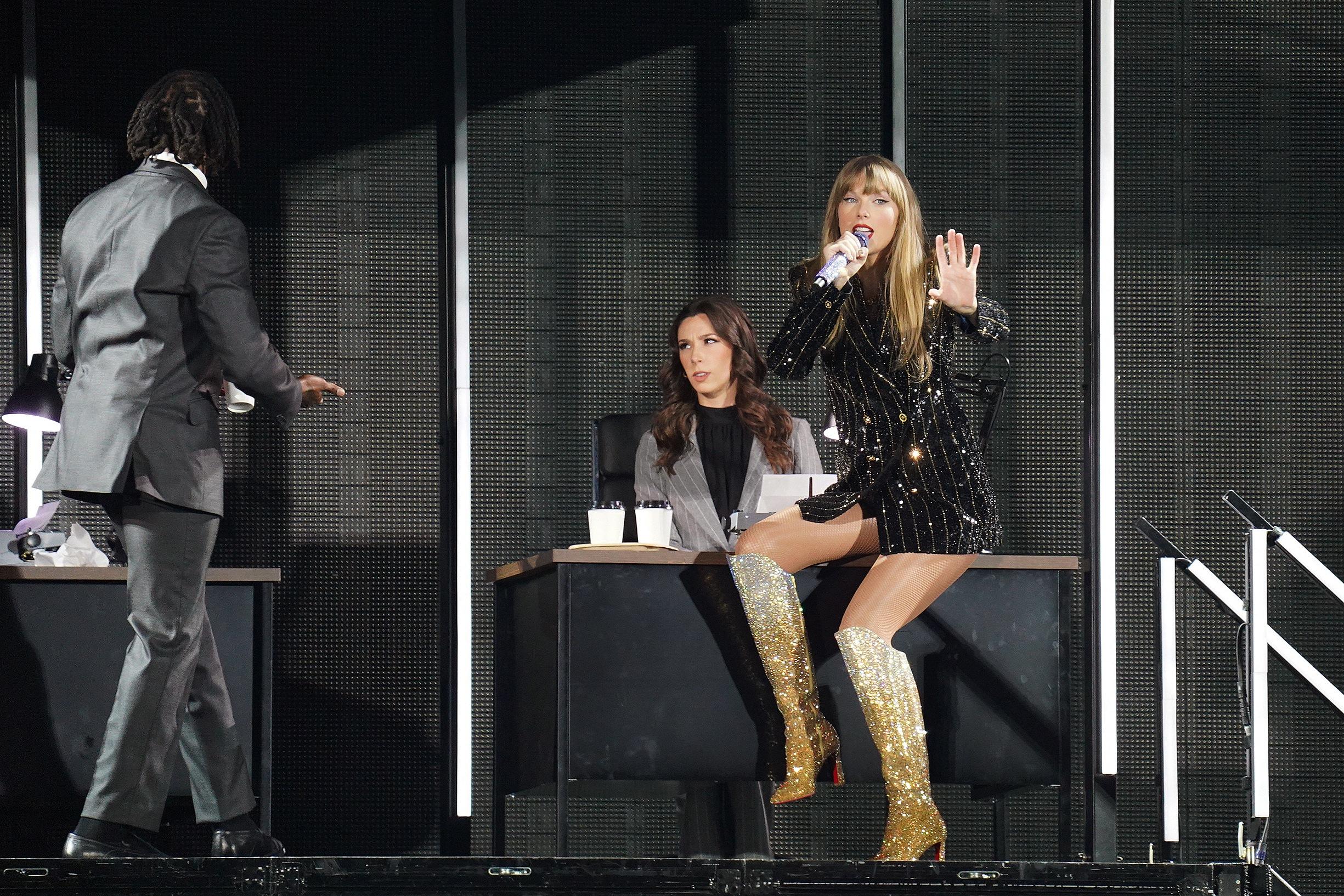
McAfee’s data shows that “free giveaways” make up 36% of all fake ads, followed by weight-loss products (30%), skincare scams (27%), and crypto schemes (26%). Many use fabricated celebrity endorsements to build credibility.
“These scams rely on excitement and urgency,” Fried said. “If a star suddenly appears in your feed offering miracle products or massive giveaways, especially with AI-perfect visuals, it’s worth pausing before you click.”
Celebrities Fight Back: How Stars Can Protect Their Likeness
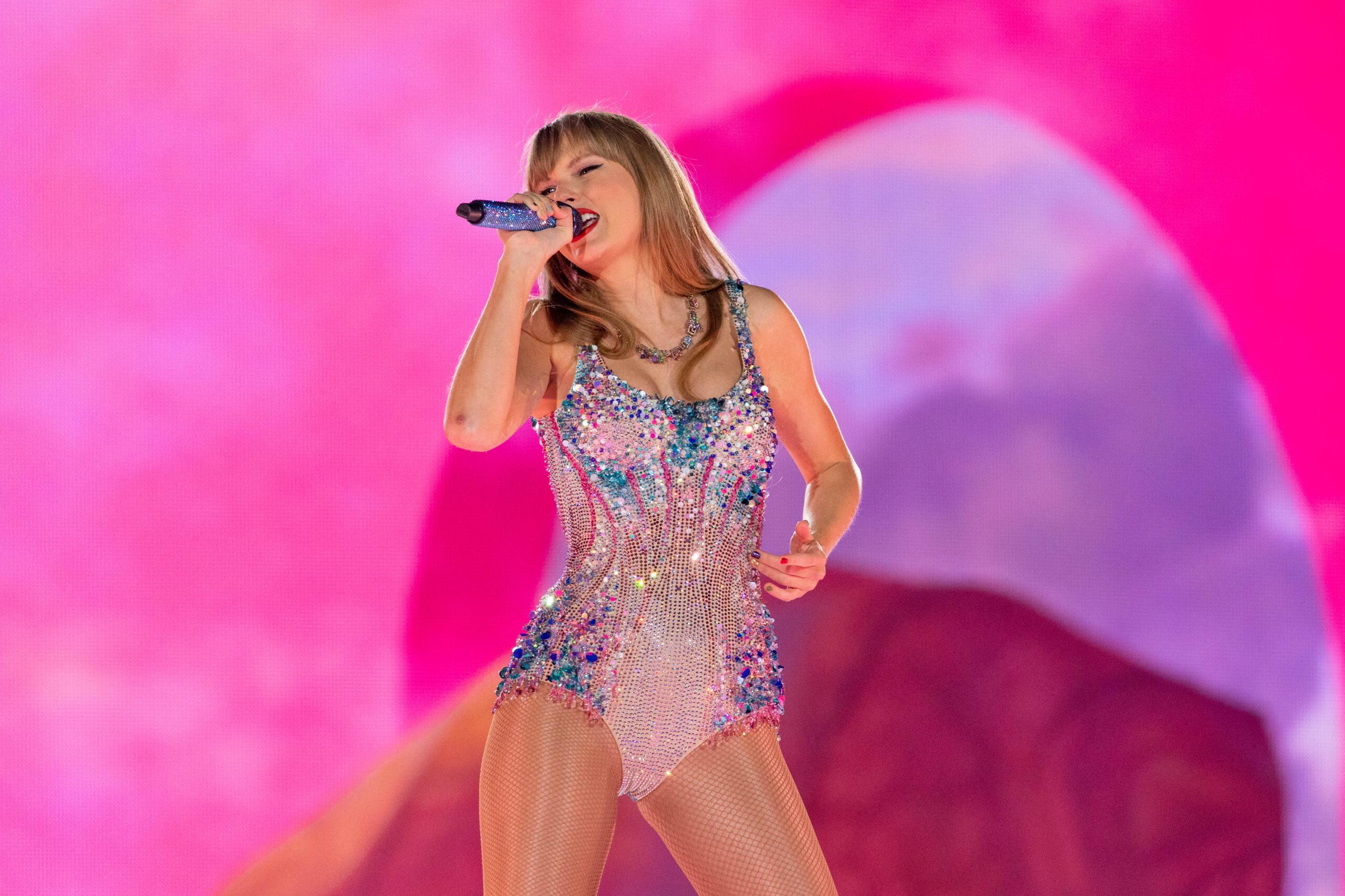
For celebrities themselves, prevention starts with communication. “The best thing public figures can do is be proactive,” Fried advised. “Use your verified platforms to make it clear what’s official, and what’s not. Pin posts, create ‘Verified by Me’ highlights, and remind fans that you’ll never DM them asking for money or crypto.”
As deepfake technology evolves, transparency and digital literacy are becoming vital defenses, not just for fans, but for the stars who inspire them.